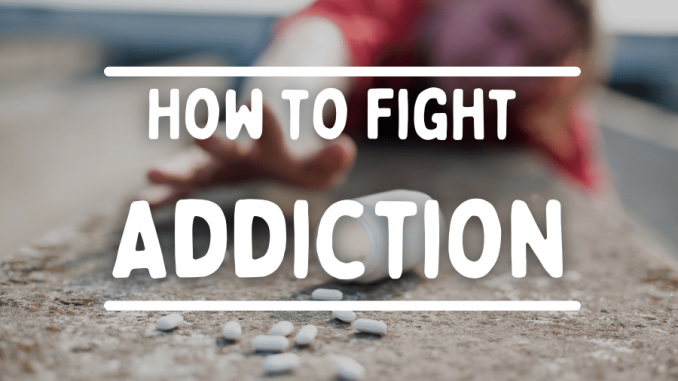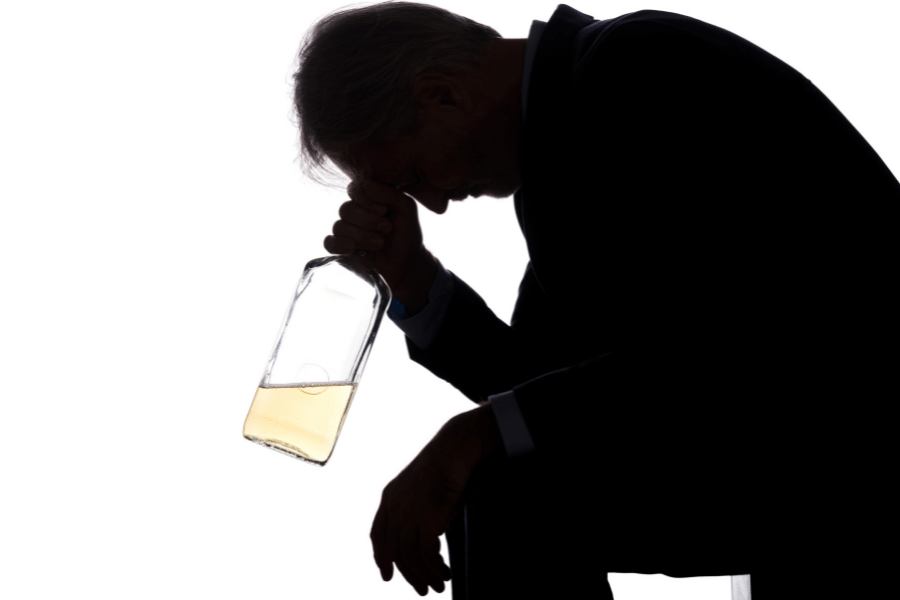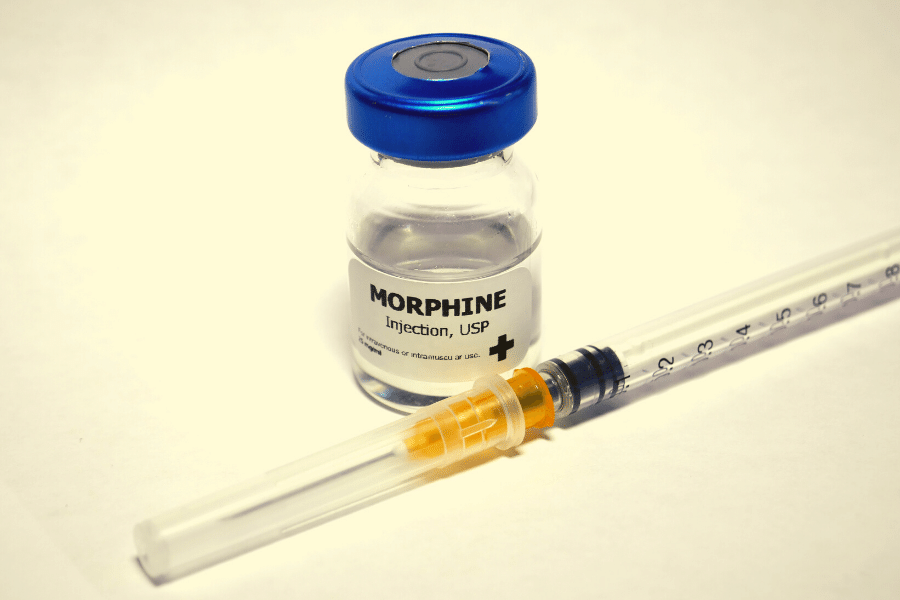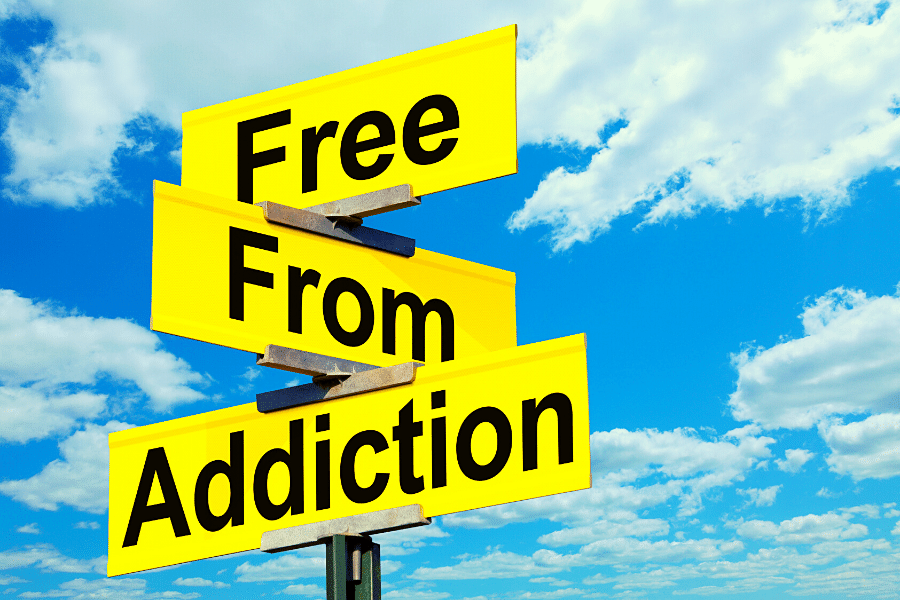
It is a rewarding and personal decision to make the effort to overcome substance abuse. Addiction is a chronic and relapsing disease that can be treated with personalized assistance.
Here’s what you will learn:
- How to overcome addiction and stop cravings
- Treatments for substance abuse
- Treatment for Addiction
It is important to understand that addiction to alcohol or drugs is not a personality flaw, weakness, or moral failing. Substance use disorders (SUDs), are chronic mental conditions that are characterized by an inability to control drug or alcohol use.
Although the decision to use alcohol or drugs is usually voluntary, it’s possible for people to become addicted if they continue to use the drug. It is not about willpower or desire to overcome addiction. Recognizing a problem and seeking treatment are the best ways to do so.
Every person is different, so the way you approach addiction recovery must be tailored to your needs. You can learn how to overcome substance abuse and other mental health issues like depression and anxiety. However, it will take some time and perseverance to get well.
It is the best thing you can do to improve your health and well-being. We have many tips and methods to help you make the right decision about whether or not you want to get clean from your substance abuse.

Why is it so difficult to quit drugs?
Because certain drugs alter brain function, they can be addictive. Neurotransmission, a process that alters the way your brain relays information through drugs, is an example of this.
One neurotransmitter, dopamine, is more active when there are multiple substances being taken. Dopamine activity that is triggered by drugs can cause a dopamine surge, which can lead to compulsive drug use.
Dopamine activity in the brain’s reward centers can be affected by many of the most popular drugs of abuse. Dopamine neurotransmission, which is thought to be responsible for feelings of motivation, pleasure, and reward, is also believed to play an important role in the development and maintenance of an addiction.
Dopamine is normally released when people are enjoying pleasure activities like eating and having sex. Many drugs can cause an increase in dopamine activity. This can lead to a rewarding euphoria and encourages drug users to continue using the drug. This is why so many drugs can be called “reinforcing”, and why it can be so difficult to get clean from drug addiction.
Although dopamine is not the only factor that contributes to addiction, the way drugs affect the brain is complex and dependent on many factors.
Imaging studies have shown that certain addictions may be associated with decreased activity in the frontal cortex. This is the brain part that makes decisions. This means that quitting drugs may not be as simple as deciding to stop using them.
Although it is difficult, addiction can be overcome. Stopping using drugs and alcohol can improve your mental and emotional health, prevent you from developing chronic diseases, repair relationships, make your life easier, save you money, and increase your energy.
You can reclaim your life by quitting drug use and seeking professional treatment for substance abuse. American Addiction Centers can help.
What Drugs Are the Hardest to Stop?
Some substances can be addictive. It is possible to stop using certain drugs more easily than others. According to the National Institute on Drug Abuse, being addicted to morphine, marijuana, synthetic marijuana (K2 and spice), and prescription stimulants (like Adderall), as well as sedatives and tranquilizers, are some of the most addictive substances.

Here are some tips to help you overcome addiction and cravings
The best thing you can do to overcome addiction is to recognize that it’s possible to get help. From the moment you decide to seek help, through the time you enter a drug rehabilitation facility or seek other types of care, as well as the aftercare that can help you remain sober once you have finished treatment, there is support available. A series of steps is necessary to successfully recover from addiction.
- Recognize that you have a problem. Recognizing that you need help can help you get it.
- Talk to a doctor. Talk to a physician about your problem. They can assess it and determine if there are any withdrawal signs or risks.
- You can call an addiction treatment center or a rehabilitation center. Ask any questions you might have about treatment. You can also discuss your case to determine the best treatment setting (e.g., outpatient or inpatient). You will learn coping strategies, receive therapy, and be supervised.
- Talk to a therapist. Talk to a qualified therapist who is trained in addiction treatment.
- Identify your triggers. You can make a plan to avoid the triggers that lead you to drink or use drugs.
- Follow a continuing care plan. A continuing care plan is usually formulated by a treatment center to assist you in achieving your sobriety goals.
- Get evaluated for co-occurring disorders. To increase your chances of success, people who suffer from addiction or mental disorders must address both.
- Participate in a peer-support program. These groups can be 12-step like Narcotics Anonymous, or they can be non-12-step like SMART Recovery. These groups are designed to support you in staying sober by providing mutual support from others in recovery who have experienced what it’s like being in your shoes.
It is possible to overcome addiction, but sometimes it takes a combination of different approaches in order to get the best results. The following are some options for treatment:
- The effects of medication and Medication-Assisted Therapy (MAT) can differ depending on what substance you took. Methadone, buprenorphine, or naltrexone may be used to treat opioid addiction. Acamprosate, disulfiram, or naltrexone may be used to treat alcohol addiction. A medication-assisted approach often includes medication. This combination of medication and therapy promotes recovery.
- There are many types of evidence-based therapies. You might be offered various research-supported behavioral interventions that will help you gain insight, change unhelpful behavior, keep you motivated, and help achieve your goals. These therapies may include:
- Cognitive-Behavioral Therapy (or CBT) is a form of cognitive-behavioral therapy. This therapy is used widely to identify unhelpful or irrational thoughts and help individuals make positive behavioral changes.
- Dialectical Behavior Therapy (or DBT) is a form of psychotherapy that focuses on the treatment of dysfunctional behavior. This therapy is designed to change your destructive behavior, manage intense emotions, and improve relationships. It includes mindfulness and acceptance.
- Contingency Management. This is a reward-based treatment that offers incentives (such as vouchers that you can exchange for tangible items) to encourage positive behavior change.
Do not hesitate to call 911 if you feel like you have taken too much.

Can I Stop Addictions?
Yes, substance abuse and addiction can be treated. Addiction, like other chronic, relapsing illnesses, such as heart disease or asthma, can’t be cured but can be managed with proper treatment.
Addiction is similar to other chronic diseases in that it has a high relapse rate. For example, addiction has a rate of around 40-60% while asthma and high blood pressure have relapse rates between 50-70% and 70-70%.
Relapses are a part of recovery. However, it does not necessarily mean that treatment is failing. It can indicate that you need to reevaluate your treatment plan.
Effective treatment plans are personalized and continuously adjusted to your changing needs. This takes into consideration all your biological, psychological, and social factors. A continuum of care may be included in your plan. It could include treatment for withdrawal or medical stabilization.
After you have completed detox, you can transition to further rehabilitation. Although treatment durations can vary, most research suggests that you should be able to stay in treatment for at least three months. This will ensure optimal outcomes. After completing a formal treatment program, you will move on to aftercare. This is intended to encourage sobriety and long-term sobriety.
To ensure that treatment is effective, the NIDA has developed a set of pillars for addiction treatment. These include obtaining treatment as soon as possible, matching treatment settings to your needs, using medication or behavioral therapies as necessary, addressing co-occurring mental disorders, and continuous monitoring to determine if treatment needs to change.

Be the first to comment